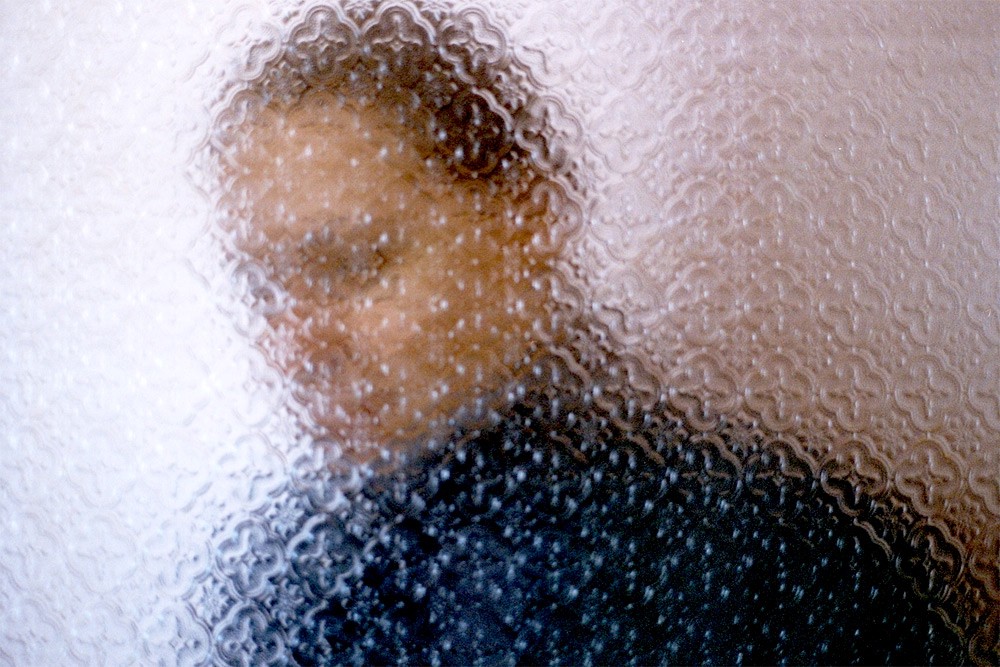Ralitza Petrova studied Directing at the National Film and Television School in the UK. Her films have won acclaim at film festivals such as Cannes, Berlin, and Locarno. In 2007 she was awarded the Prix UIP, Best European Short Film at Berlinale, for her film “Rotten Apple.” In 2016, Petrova’s feature debut, “Godless,” had its World Premiere at Locarno Film Festival, where it won the Golden Leopard.
“Godless” will premiere at the 2016 Toronto International Film Festival on September 8.
W&H: Describe the film for us in your own words.
RP: It tells the story of someone who, in order to survive, is forced to live against their intuition of what feels right. At what point does compromising yourself becomes unbearable?
W&H: What drew you to this story?
RP: I was interested in tackling a reality that is so painful, humiliating, and aggressive that the question becomes: how do you preserve your soul? A reality that has no regard for your rights, or for you as a human being—it exploits, it humiliates, it abuses, and it does so without remorse.
W&H: What do you want people to think about when they are leaving the theater?
RP: I aim to give a visceral and intense experience for the audience. I want to them to experience the same emotions as the characters, so they get to contemplate the barriers of their own morality.
W&H: What was the biggest challenge in making the film?
RP: How to own the authenticity of the storytelling with maximum economy. My aim is to master as much as possible what I call “haiku” filmmaking: how to create maximum effect with minimum means.
W&H: How did you get your film funded? Share some insights into how you got the film made.
RP: The film received production support by Eurimage, Danish Film Institute, Bulgarian National Film Centre, TFL Framework 2013, Sarajevo Film Festival’s CineLink 2015, and the Women in Film Finishing Fund, Los Angeles.
W&H: What does it mean for you to have your film play at TIFF?
RP: It is a great honor, especially as it is a debut film. I am grateful for the chance to be able to share the story with this part of the world.
Also, this recognition means a lot for Bulgarian cinema at the moment. There is a certain new wave coming through, and we need as much visibility as possible. I am proud to be part of this new cinema.
W&H: What’s the best and worst advice you’ve received?
RP: “Less is more” is the best advice I’ve received and can give. I tend to forget bad advice, so I’ll give more good advice I’ve been given: Come into a scene as late as possible and leave as early as possible. It creates tension.
W&H: What advice do you have for other female directors?
RP: Be bold. Take risks. Be radical. Give the best you’ve got. You have everything to gain as a female director.
W&H: Name your favorite woman-directed film and why.
RP: “Lourdes” by Jessica Hausner, for its precise formal rigor, and its biting sense of humor.
I also love “Longing” by Valeska Grisebach, and “The Hitch-Hiker” by Ida Lupino, again for their minimalism, precision, and formal vision.
W&H: Have you seen opportunities for women filmmakers increase over the last year due to the increased attention paid to the issue? If someone asked you what you thought needed to be done to get women more opportunities to direct, what would be your answer?
RP: I’m glad there is more debate about giving opportunities for female filmmakers. To me the change needs to happen at the level of financing decision-making, meaning more female-helmed projects being greenlit.
I agree with Jane Campion that “we need an Abraham Lincoln figure to get in there, and say — especially when it comes to public money — it has to be equal.”







